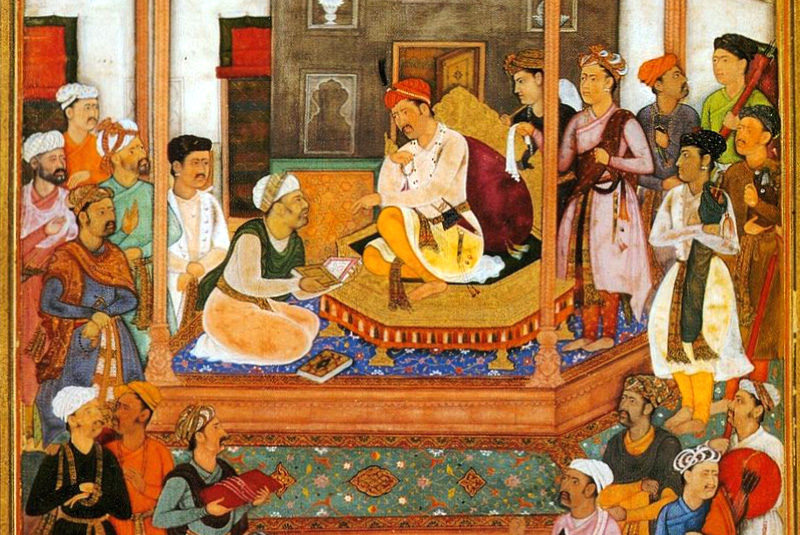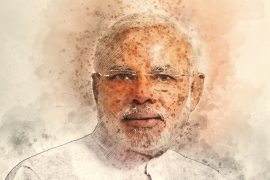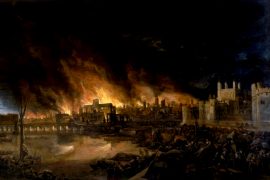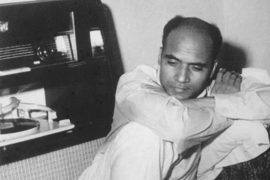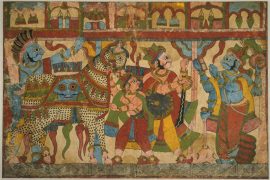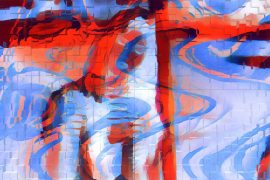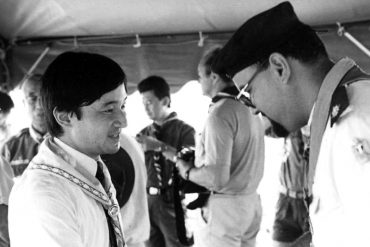The legacy of Emperor Abu’l-Fath Jalal-ud-din Muhammad Akbar, or Akbar the Great, as the world knows him, is synonymous with the many accomplishments of the Mughal Empire. From his unparalleled military campaigns to his artistic prowess, Akbar influenced and expanded the Empire to encompass nearly all of the sub-continent. Eminent scholars, scribes, and calligraphers adorned his court; his imperial library contained over 24,000 books in multiple languages. And yet, historical depictions of the monarch fail to touch upon a crucial part of his personal life: his fight against dyslexia.
Despite his avid interest in books, Akbar struggled to pick up the alphabets and never learned to read. Different tutors tried to stoke his interest in reading and writing, but Akbar remained disinterested, by most accounts. While some experts chose to confine him to the annals of history as “illiterate” and “uneducated,” certain scholars like Ellen Smart rightly surmise that Akbar struggled with dyslexia.
The International Dyslexia Association (IDA) defines dyslexia as a “specific learning disability…characterized by difficulties with accurate and/or fluent word recognition and by poor spelling and decoding abilities.” There is no cure for this affliction, but research indicates dyslexia has no link with other cognitive abilities; however, effective teaching methodologies such as structured literacy can make classrooms more accessible to not just dyslexic students, but all students.
Copyright©Madras Courier, All Rights Reserved. You may share using our article tools. Please don't cut articles from madrascourier.com and redistribute by email, post to the web, mobile phone or social media.Please send in your feed back and comments to [email protected]

